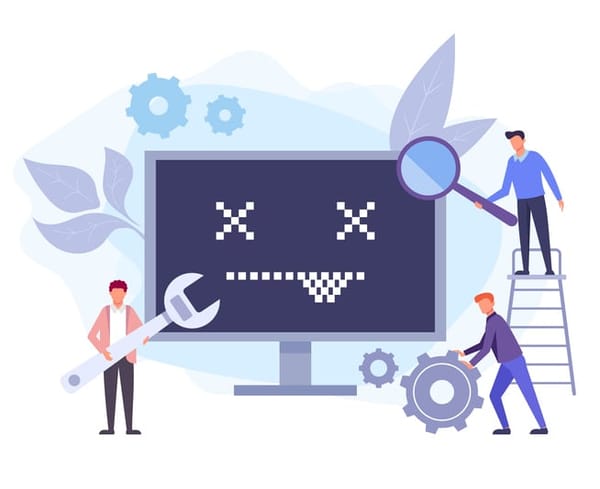
Want to know how much website downtime costs, and the impact it can have on your business?
Find out everything you need to know in our new uptime monitoring whitepaper 2021







Researchers at the Fraunhofer Institute in Germany have come up with a novel way of fighting eBook piracy with a trick that pays homage to more old-fashioned techniques for protecting copyright works.
The project “Secure Documents by Individual Marking”, or SiDim, is a type of digital rights management (“DRM”) which takes the original eBook and slightly alters the text for each copy of the book sold, so that each copy is ever so slightly different – and unique.
The project which has secured back from the German government, as well as the media and publishing industry, doesn’t use technical measures to try and block copies being reproduced. Instead because each book is unique with its own fingerprint or DNA, should that book later turn up on a file-sharing site for example, the copyright owner can immediately tell who the book, which is being shared, was sold to. The theory is that people will simply not upload and share their books for fear of being caught.
SiDim will change words within the book – for instance it may change the word “little” for “small” or “not visible” to “invisible”, perhaps the punctuation may be slightly changed or the grammar and construction of the sentence altered.
How authors will in practice react to this remains to be seen. For some authors even subtly changing the words, punctuation or construction of sentences could be a step too far. Even if it doesn’t dramatically change the book, they may feel that this is altering their artistic work.
Researchers, keenly aware that attempting to stop copying by technological means simply becomes an arms race, have realised that the better approach is simply to allow copying, but make it clear that if you do copy without permission you’re likely to get caught.
These copyright-traps, or copyright Easter-Eggs, are similar to those often used by cartographers to “trap” anyone who copies their map. A “trap-street” for example is a made-up street name, which does not exist – or perhaps is depicted on the map differently to how it should be, so that if the map is copied by a third party its immediately obvious where it’s been copied from.
There are many examples of copyright Easter-Eggs including on Google Maps – just one example being Moat Lane, Finchley, London N3 in the UK which does not actually exist. These are not confined to maps though – dictionary compilers also use them. The New Oxford American Dictionary — includes an entry for the fictitious word “esquivalence.”
So do these copyright traps work? Absolutely, the use of “esquivalience” – which fittingly was said to mean “the wilful avoidance of one’s official responsibilities” was enough to entrap Dictionary.com.
Main Image – The “town” of Argelton appears in the middle of a field in Lancashire, UK on Google Maps but does not exist. The clue is in the name – “Not Real G”
Share this

3 min read IPFS is a game-changer for decentralised storage and the future of the web, but it still requires active monitoring to ensure everything runs smoothly.

3 min read For any web developer, DevTools provides an irreplaceable aid to debugging code in all common browsers. Both Safari and Firefox offer great solutions in terms of developer tools, however in this post I will be talking about the highlights of the most recent features in my personal favourite browser for coding, Chrome DevTools. For something

6 min read There has certainly been a trend recently of using animations to elevate user interfaces and improve user experiences, and the more subtle versions of these are known as micro animations. Micro animations are an understated way of adding a little bit of fun to everyday user interactions such as hovering over a link, or clicking

2 min read Read about the latest websites that have experienced downtime including Netflix, Twitter, Facebook and more inside!

2 min read Read about how Google suffered an outage due to the soaring temperatures in the UK in July and how they rectified it right here!

3 min read See the results of our website downtime survey to see some of the most shocking and surprising stats! You won’t be disappointed.
Find out everything you need to know in our new uptime monitoring whitepaper 2021